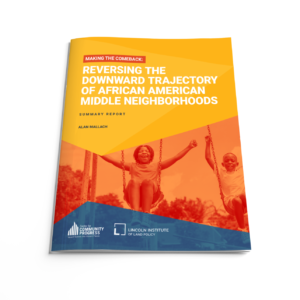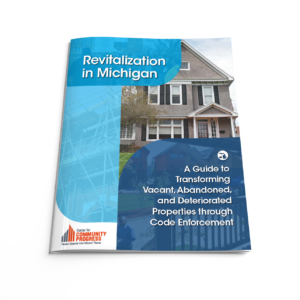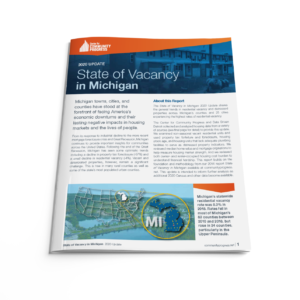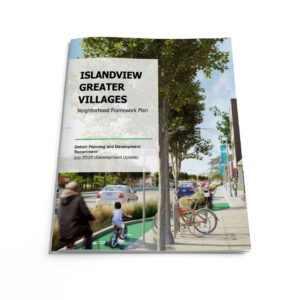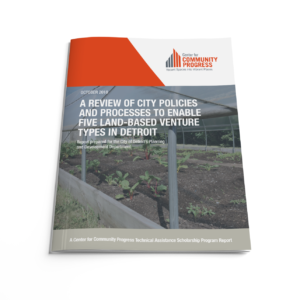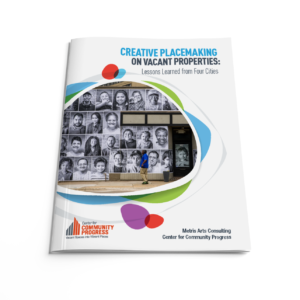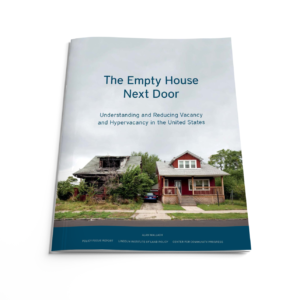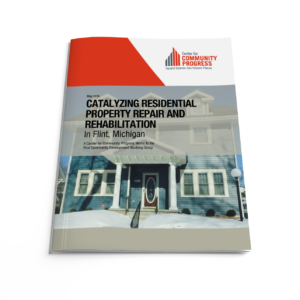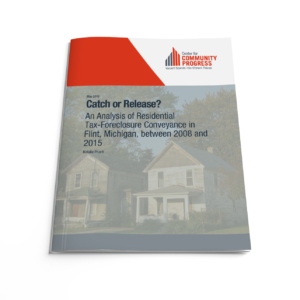Publications
Michigan
Regarding Approach to Acquisition and Disposition of Nontraditional Properties
The memo outlines 12 recommendations for the WCLB to improve disposition of challenging properties, strengthen partnerships, and align operations with broader goals for housing, sustainability, and economic development.
Read More »Next Five: 2025–2030 Strategic Plan
“Next Five” is a strategic plan for the Detroit Land Bank Authority for 2025-2030, developed by Community Progress in partnership with DLBA.
Read More »Examples of Brownfield Redevelopment from Three Land Banks
Examples of how land banks have converted vacant, abandoned, and contaminated properties into community assets.
Read More »A Report for the City of Detroit
Recommendations for changes to Detroit’s Rental Ordinance to help more renter households access safe, healthy housing.
Read More »A Memo to the Flint Non-Structural Blight Work Group
Outcomes of the Flint Non-Structural Blight Work Group and next steps Flint can take in stewarding its inventory of vacant land.
Read More »Vacant Land Stewardship Research Series
Stabilizing vacant lots through cleanups and regular maintenance can help to reduce the harms of unmaintained vacant land on mental and physical health.
Read More »Replicating Detroit's Make it Home Program
Analyzing cities that have the potential to implement a program similar to Detroit’s Make it Home, transitioning tenants to homeowners.
Read More »Improving Neighborhoods by Repurposing Vacant Lots
This one-page brief explains what you need to know about why taking care of vacant lots can improve Michigan neighborhoods.
Read More »Vacant Land Stewardship Research Series
This fact sheet summarizes key takeaways from recent studies exploring the community safety benefits associated with five common greening strategies.
Read More »A One-Page Brief
This one-page explainer provides an overview of what it would cost to tackle all of Michigan’s vacant, abandoned, and deteriorated properties.
Read More »
